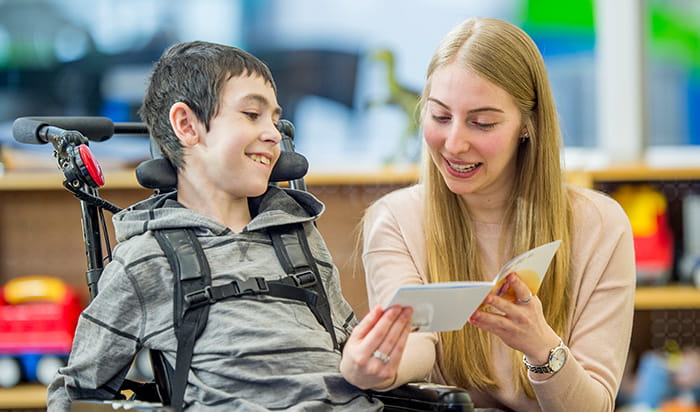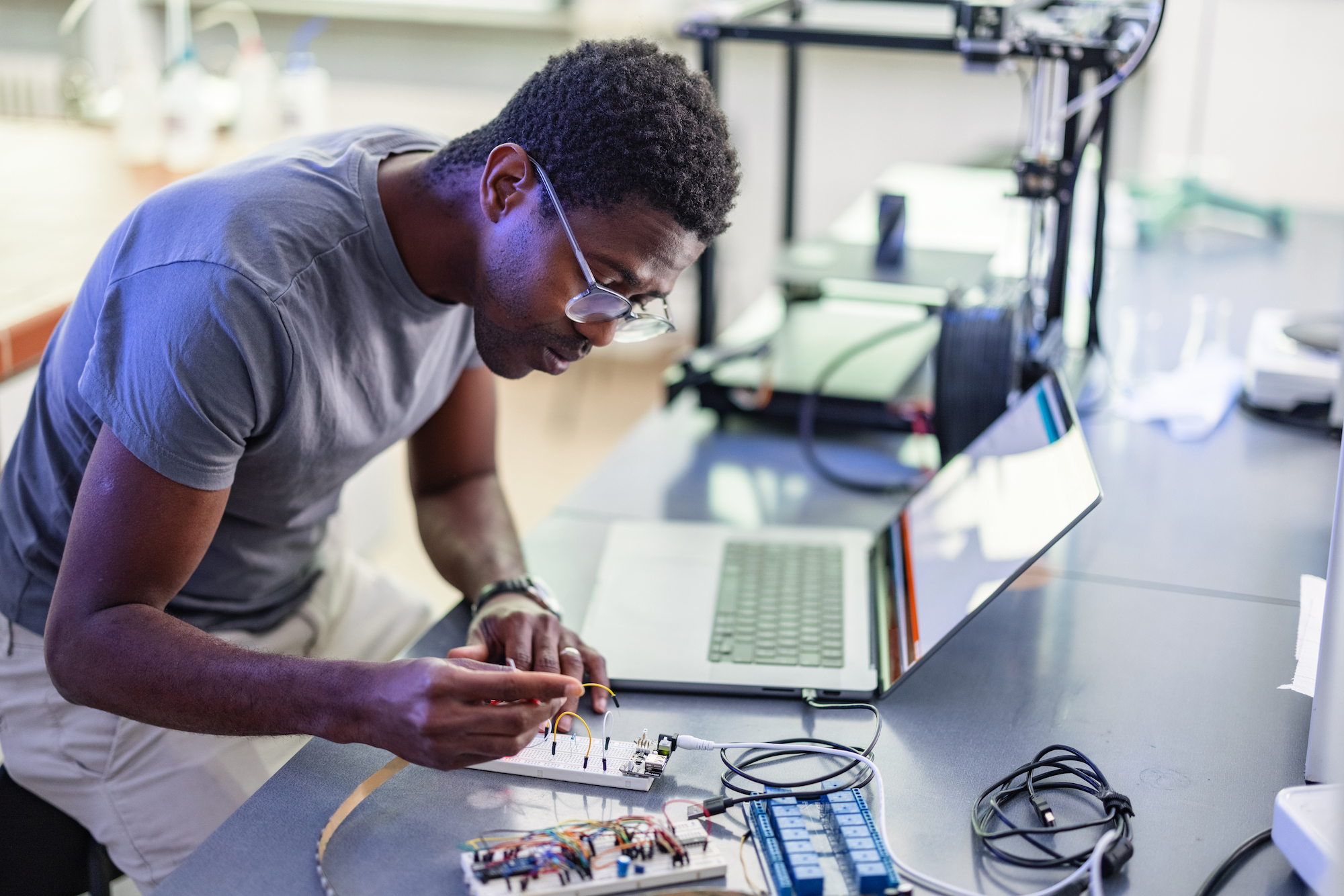Special education is the practice of educating students in a //www.skygeneration.ca/ way that accommodates their individual differences, disabilities, and special needs. This involves the individually planned and systematically monitored arrangement of teaching procedures, adapted equipment and materials, and accessible settings.
Special education services are provided to students with a wide range of disabilities, including:
- Learning disabilities
- Intellectual disabilities
- Emotional and behavioral disorders
- Physical disabilities
- Autism spectrum disorder
- Deafness
- Blindness
- Speech-language impairment
Special education services can be provided in a variety of settings, including:
- Regular education classrooms with support from special education teachers and other specialists
- Resource rooms, where students receive specialized instruction for part of the day
- Separate special education classrooms
- Special education schools
The goal of special education is to help students with disabilities reach their full potential and to participate actively in school and in the community. Special education services can help students develop academic skills, social skills, and independent living skills.
How to Qualify for Special Education
To qualify for special education services, a student must have a disability that meets the eligibility criteria under the Individuals with Disabilities Education Act (IDEA). IDEA is a federal law that guarantees a free and appropriate public education to all children with disabilities.
To determine if a student qualifies for special education services, schools evaluate the student’s academic performance, behavior, and social skills. The evaluation may also include medical and psychological assessments.
Individualized Education Programs (IEPs)
If a student is found to be eligible for special education services, the school will develop an Individualized Education Program (IEP) for the student. An IEP is a written document that outlines the student’s specific needs and goals, as well as the services that will be provided to help the student reach those goals.
IEPs are developed with input from the student’s parents or guardians, teachers, and other specialists. The IEP is reviewed and updated annually to ensure that it is meeting the student’s needs.
Benefits of Special Education
Special education can provide a number of benefits to students with disabilities, including:
- Improved academic performance
- Increased social and emotional skills
- Greater independence
- Better preparation for post-secondary education and employment
Special education can also help students with disabilities develop a sense of self-worth and belonging.
How Parents Can Support Their Child’s Special Education
Parents can play an important role in supporting their child’s special education. Here are a few tips:
- Be involved in your child’s IEP meetings.
- Communicate regularly with your child’s teachers and other specialists.
- Help your child with their homework and assignments.
- Provide your child with opportunities to practice their skills at home.
- Advocate for your child’s needs.
If you have any questions or concerns about your child’s special education, please do not hesitate to contact your child’s school.





